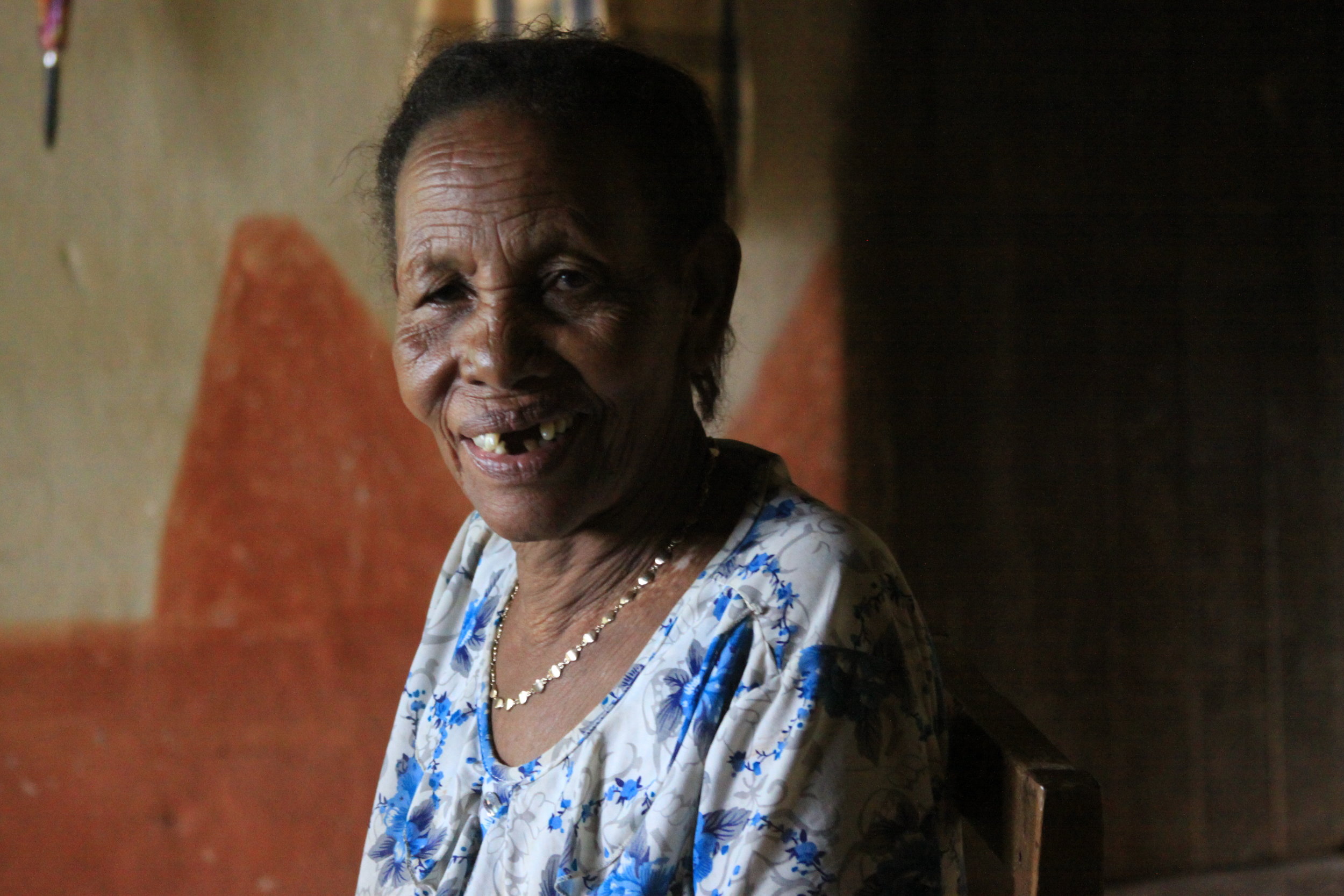Our Vision:
Stories matter.
“Ten year’s ago, I believed that if every woman had the power to tell her story, we would change the world. I still believe that. I still believe that today.”
I grew up in the Andes of Ecuador between Quito and my grandparent’s maize plantation in Guaranda. These outdoor spaces didn’t just define my culture: it was my livelihood. I was uprooted to the United States in 2002 to Bushwick, Brooklyn, a site I later came to learn was one of the most toxic in New York State as it was declared a Superfund site in 2014. The harsh realities of how ignored my new community in the urban jungle and my home community in Ecuador were began to sink in. We were silenced in our struggles by dominant outdoor and conservation narratives.
I moved on through high school and college focusing on Environmental Studies, with the hopes of returning to my home communities to address these issues. Despite entering privileged spaces, I found inequalities all around me. I found myself code-switching, allowing my narrative to transform itself to fit these spaces, never giving myself the space to truly explore myself, my story, and why I was here, because it was a story that I viewed as invisible.
I was wrong.
In the summer of 2015, I had the immense privilege to share my own story. No one had ever asked me what my story was, and it was transformative for me beyond words.
Why were the narratives of individuals from marginalized communities silenced against dominant discourses, and what would I do to center the stories of our communities?
Today, I am Oral History Master of Arts student at Columbia University, with the Pachamama Oral History Project as my thesis.
-Anahi Naranjo
Mvunilwa Walisha - Sagara, Tanzania 2016.

